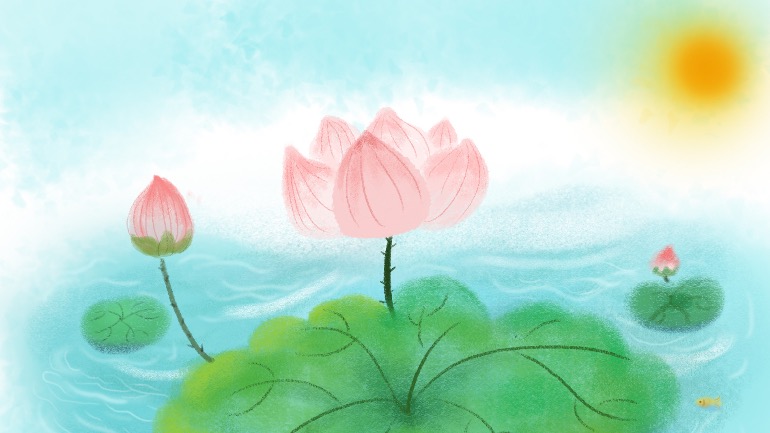It is stated in the scriptures that ripening of the cause comes in four types. The first is the one that ripens in the same lifetime. For example, karma was committed in youth and the effect takes place in middle or old age. Sometimes karma ripens even sooner, and the effect can be seen immediately. The reason is that certain conditions can expedite the manifestation of fruit. Such fast ripening has something to do with the object and the motivation of the action. There are many such cases told in One Hundred Stories about Karma (Karmasakata). For example, the Sangha and ordinary people are two completely different objects. If it is a serious case of stealing from or slandering the Sangha, the retribution may come right away or in this lifetime. If the same act is committed against ordinary people, one will surely bear the consequence but not necessarily right away or in this lifetime. The different results arise from the difference between the two objects. The other condition is the difference in motivation. If the intention to kill is very strong or has been premeditated for a long time, the retribution will come swiftly, whereas the effect may not be immediately apparent if the motivation to kill is not so fierce.
The second is the effect of committing great evil, such as the five hellish deeds, or great virtue will definitely materialize in the next life.The third effect is certain to manifest but the timing of which is uncertain; it may take three or four lifetimes or even longer. The fourth, there may or may not be any effect. What could be the reason for this uncertainty in view of infallible karma? When a weak cause (or karma) encounters a strong antidote, causality may then be broken.
The first three types of karma, that is, the one that ripens in this and next life, and with uncertain timing, are immutable karma. The fourth, with indefinite fruition, is mutable karma.











